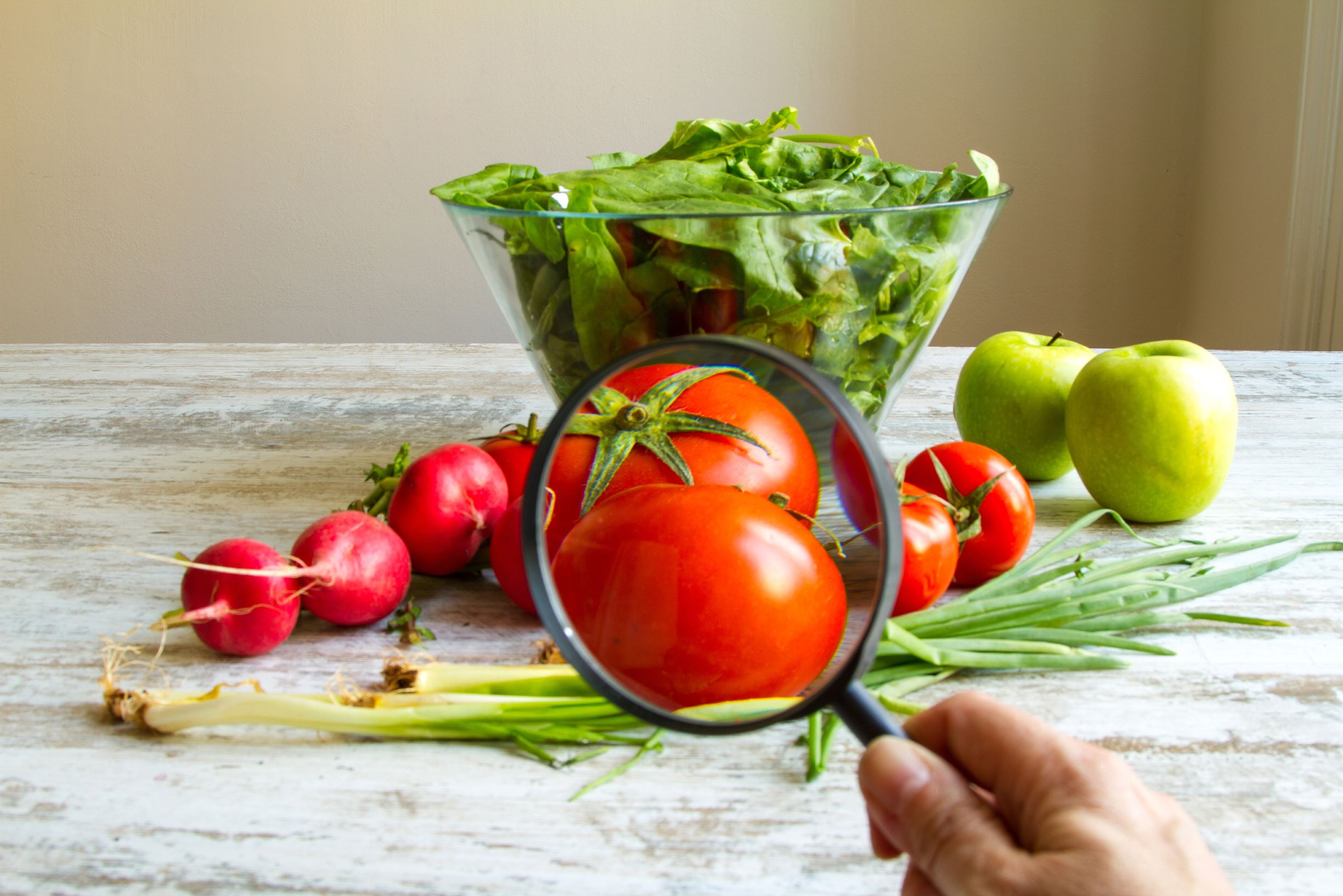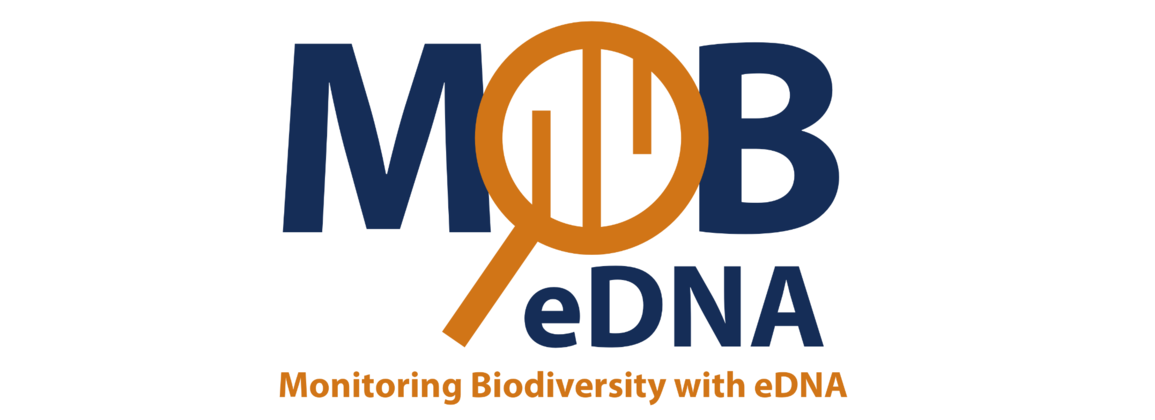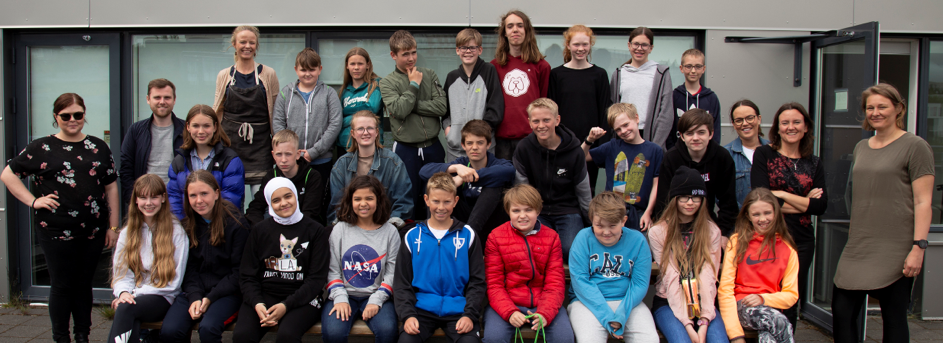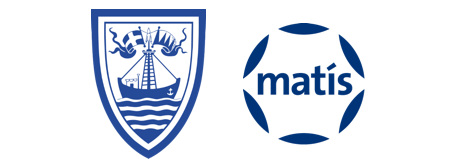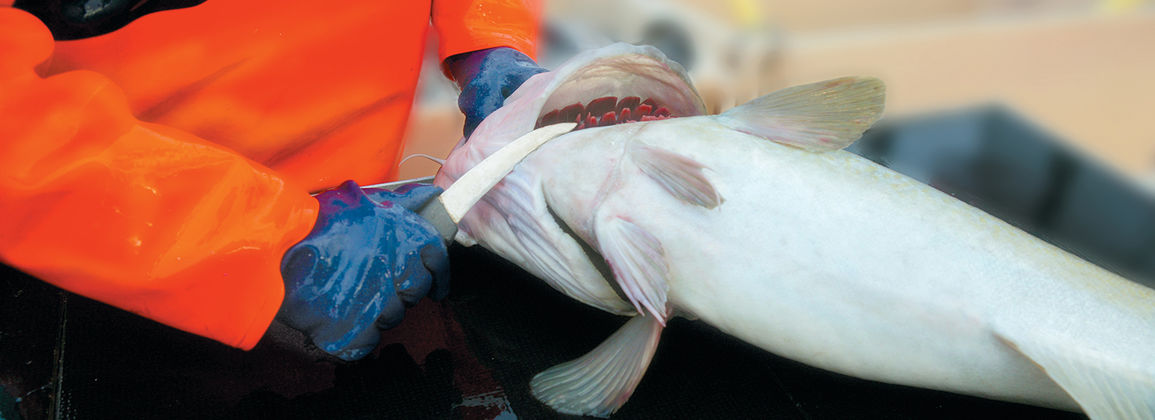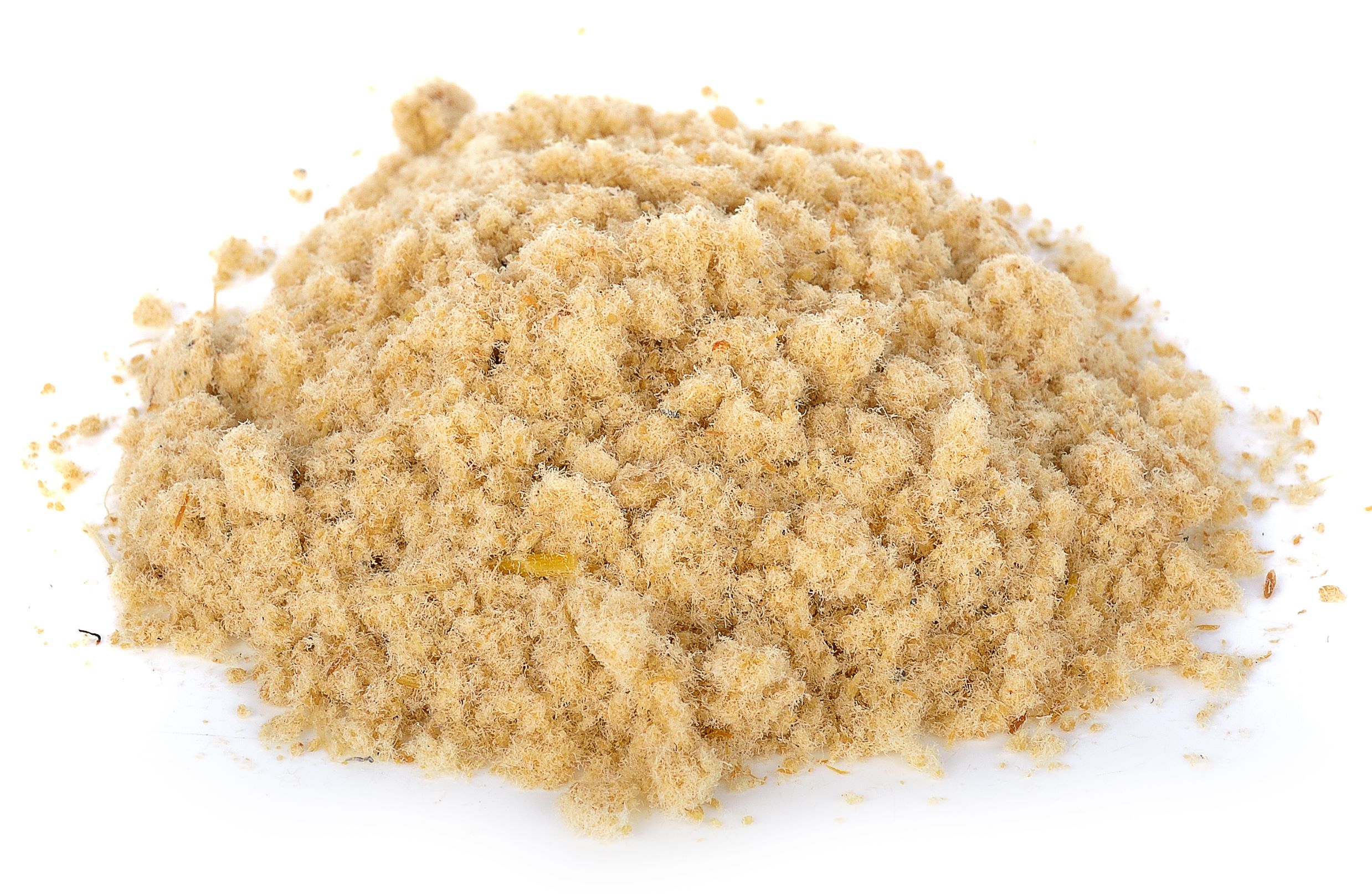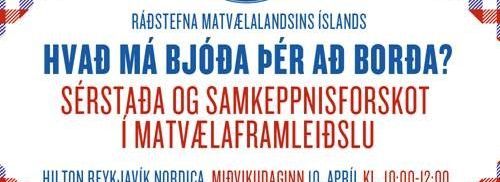Appointed to the Food Risk Assessment Committee
Kristján Þór Júlíusson sjávarútvegs- og landbúnaðarráðherra hefur skipað Hrönn Ólínu Jörundsdóttur, sviðsstjóra hjá Matís, sem formann áhættumatsnefndar. Hlutverk nefndarinnar er […]
Appointed to the Food Risk Assessment Committee Nánar »
